Paul Callins, a resident of DeKalb County, Georgia, encountered every homeowner’s nightmare when he found his house occupied by squatters. In an emotional interview with WSB-TV, Callins revealed that the squatters took over his property while he was focused on caring for his ailing wife.
The house, a labor of love, was inherited from his father, who passed away from cancer two years prior. Callins had renovated the home, envisioning a future filled with happiness, not trespassers.
Unexpected Tenants

Instead, he found the locks changed and strangers claiming his property as their own.
The squatters presented a lease that, to Callins’ dismay, was clearly fabricated, yet convincing enough to initially deter police intervention.
A Tale of Deception

Among the squatters was a man who claimed to be a victim himself — of a fraudulent leasing agent. With his wife and child in tow, he painted a picture of innocence, asserting they had been scammed and had no hand in altering the property.
“We rented this property. We didn’t change the locks. We got scammed,” he stated, defending his family’s presence in the home (via WSB-TV). However, Callins found it hard to believe their story.
Navigating Legal Challenges
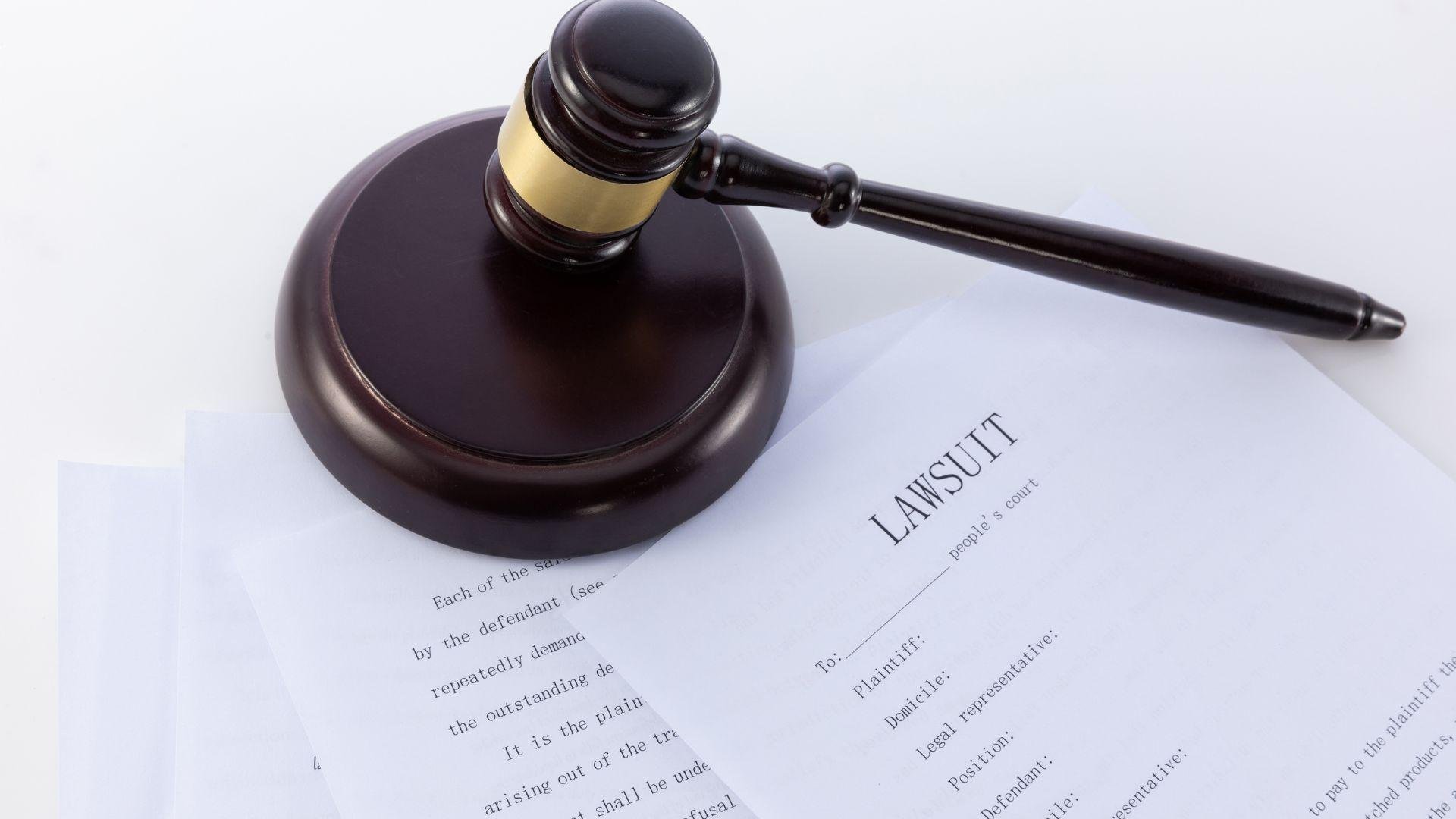
Georgia’s laws on squatting presented a complex hurdle for Callins. The squatters, armed with a digital facade of a lease, highlighted the difficulties in promptly addressing such invasions.
The incident underscored the need for clearer legal pathways for homeowners to reclaim their properties without being entangled in protracted disputes.
Heartache and Relief

The eviction process was a bittersweet victory for Callins. While he regained control of his property, the presence of a child among the squatters was a stark reminder of the human element entangled in these situations.
“They have a 4-year-old. It’s unfortunate for a child to be in that situation,” Callins reflected in the interview, his relief tempered by empathy.
A Wider Issue
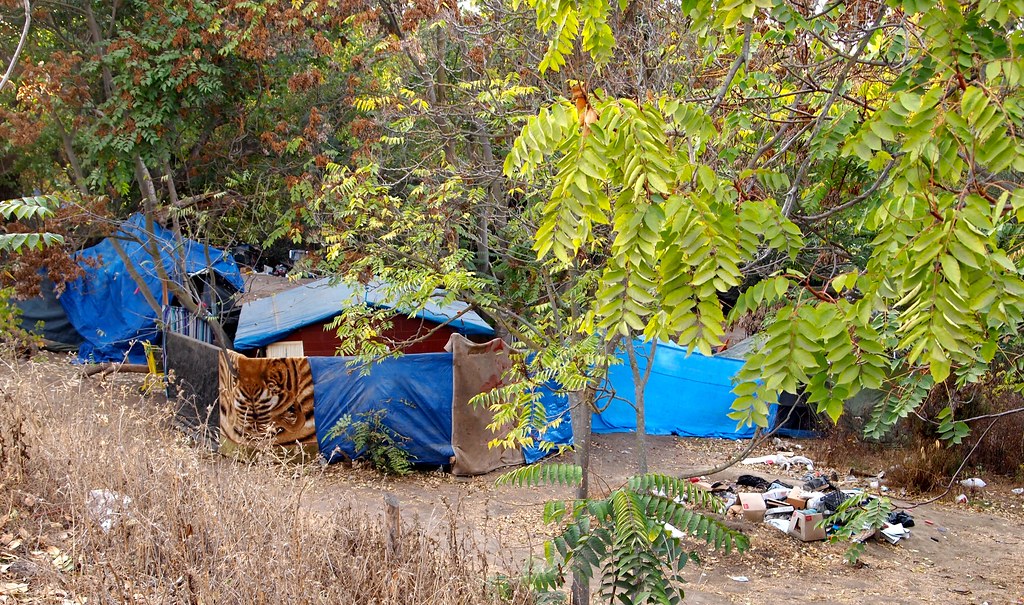
Callins’ ordeal is not an isolated incident but part of a growing squatting crisis in the Atlanta area.
Homeowners are increasingly finding themselves powerless against squatters, prompting a public outcry for reform and stronger protections for property rights.
Legislative Action in Sight
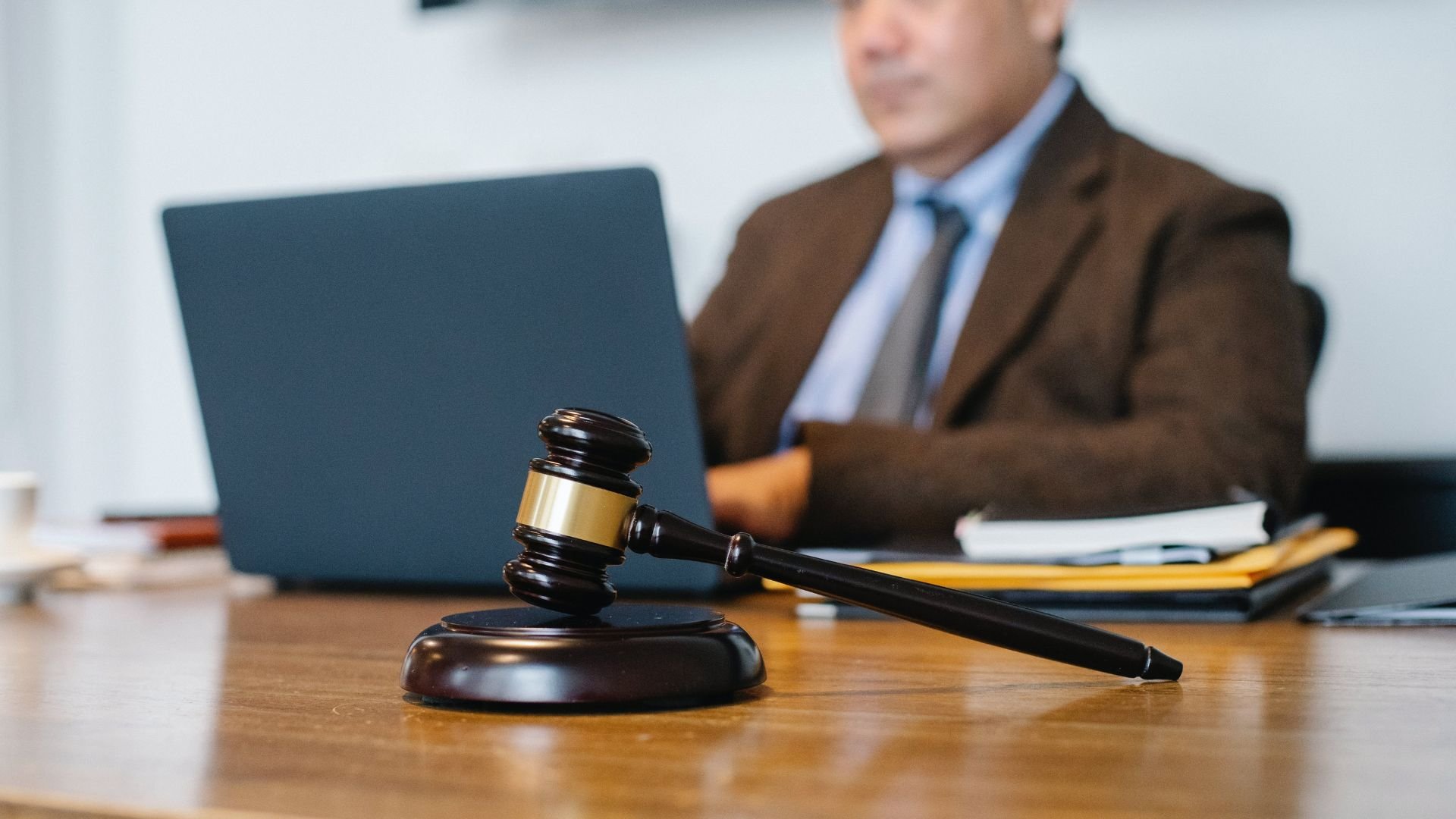
In response to the outcry, Georgia lawmakers have proposed HB 1017, the Georgia Squatter Reform Act.
This legislation aims to redefine squatting as a clear criminal offense, enhancing homeowners’ ability to act against unauthorized occupants and making the use of fraudulent leases a serious felony.
Community and Neighborhood Impact
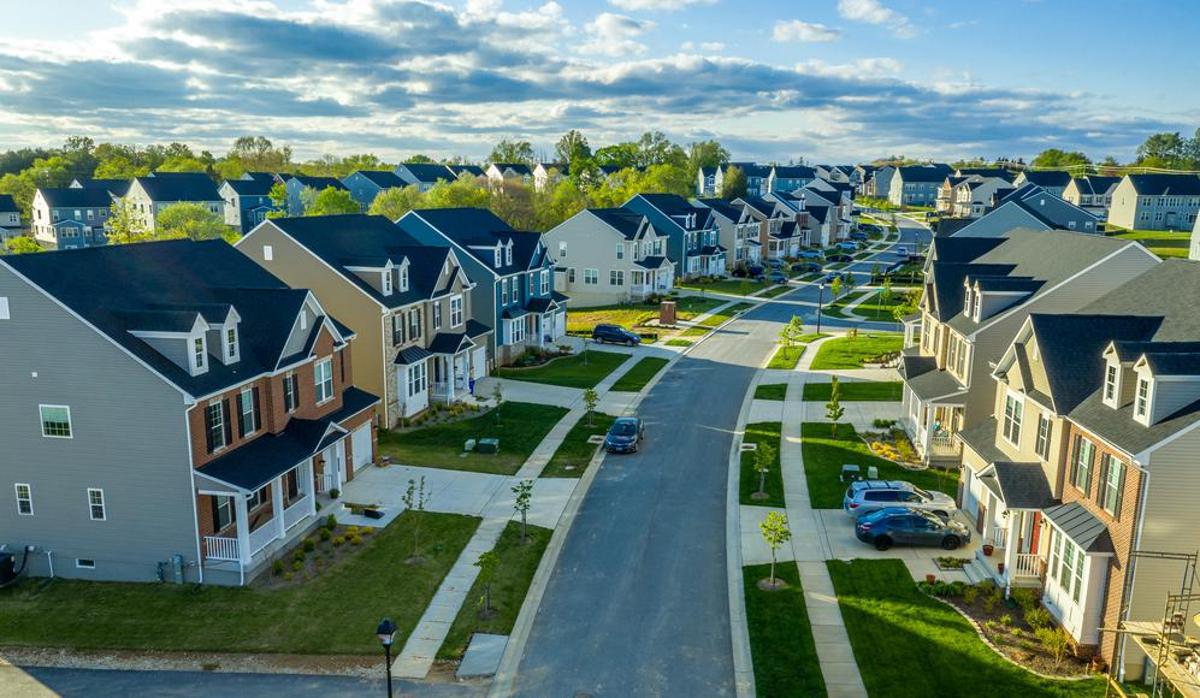
The squatting issue extends beyond individual properties, affecting neighborhood safety, property values, and community harmony.
The ripple effects of these incidents foster a climate of uncertainty and demand collective awareness and preventive measures.
Preventive Tips for Homeowners
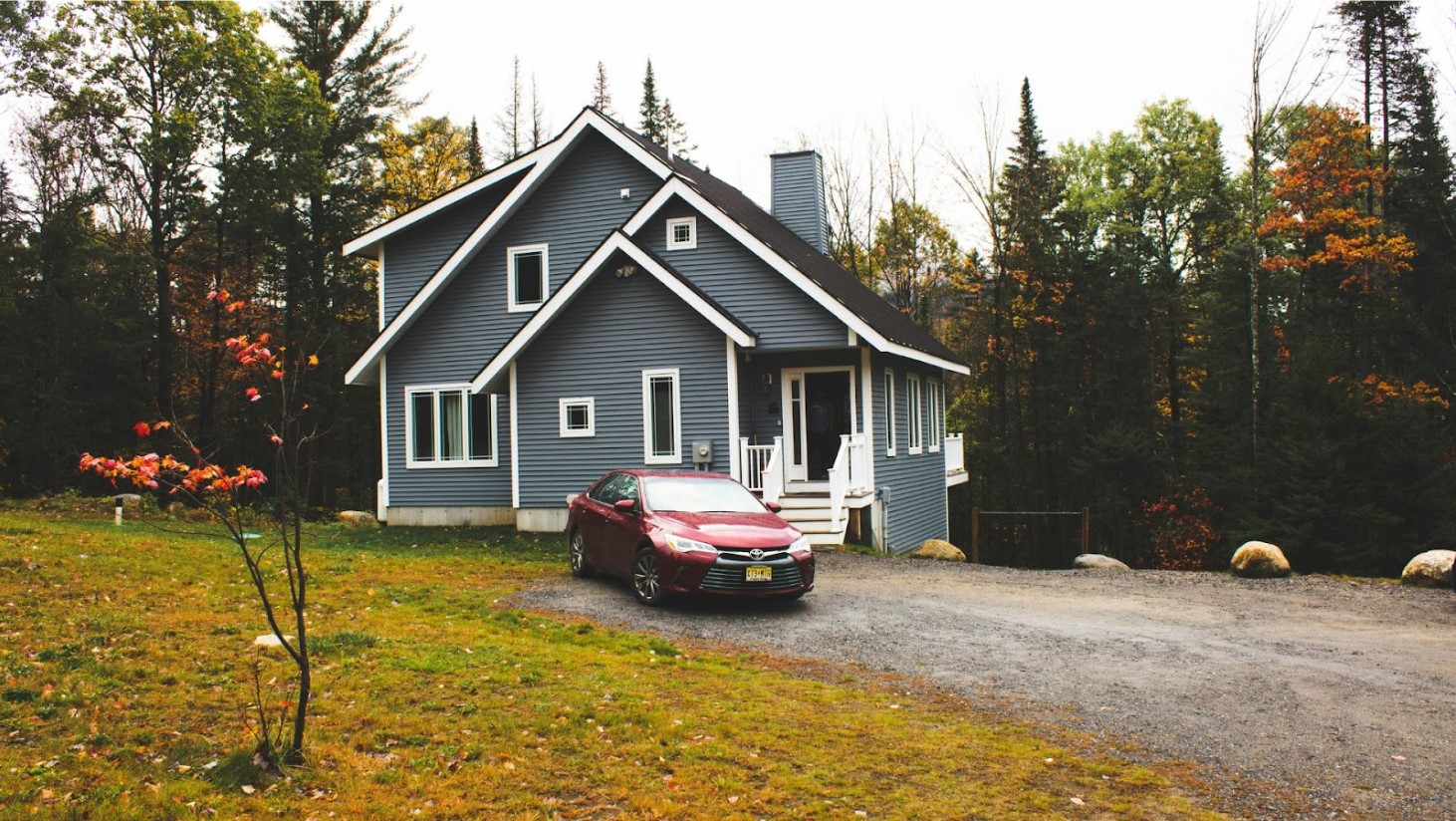
Experts suggest several strategies for homeowners to proactively protect their properties, including conducting regular inspections, installing security systems, and using property management services.
These steps can deter squatters and ensure swift action if unauthorized occupancy is suspected.
Understanding the Victims
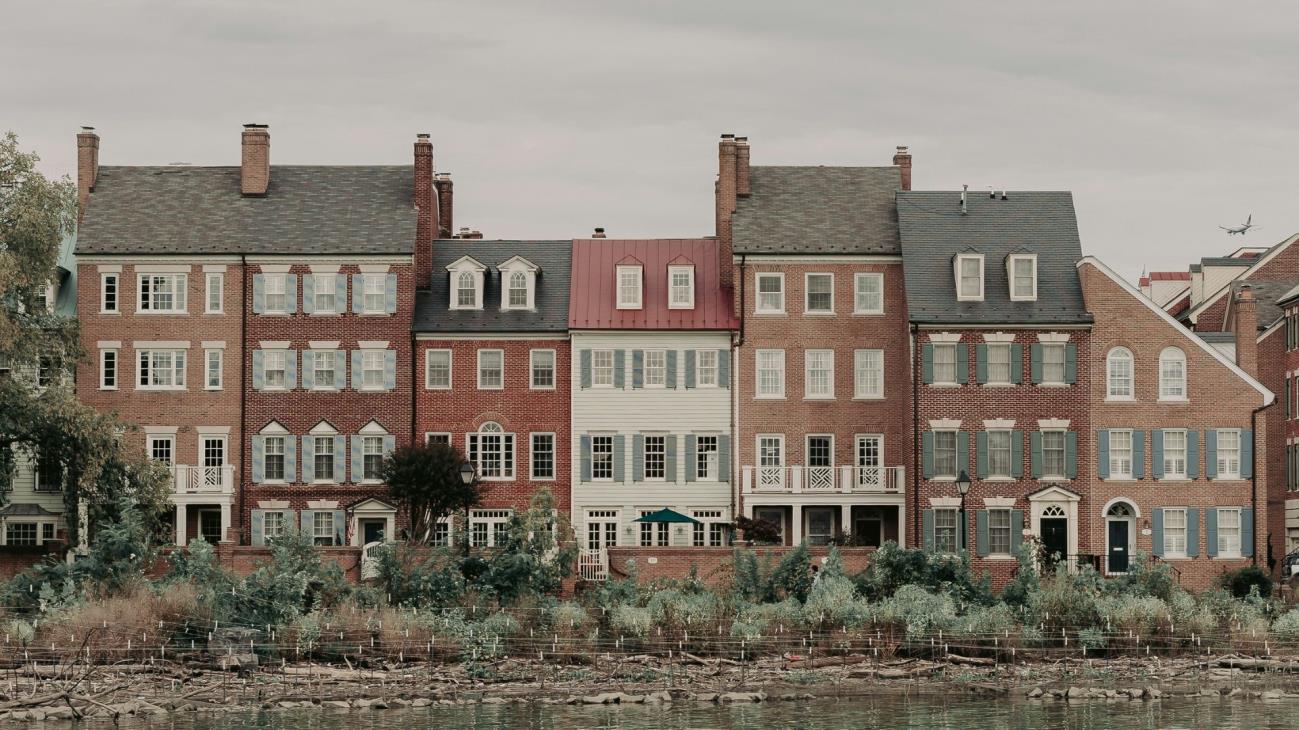
The narrative of squatters often hides stories of individuals genuinely scammed by fraudulent rental schemes.
Investigating these claims is essential, as they illuminate the vulnerabilities within the rental market and the need for comprehensive tenant verification processes.
Moving Forward
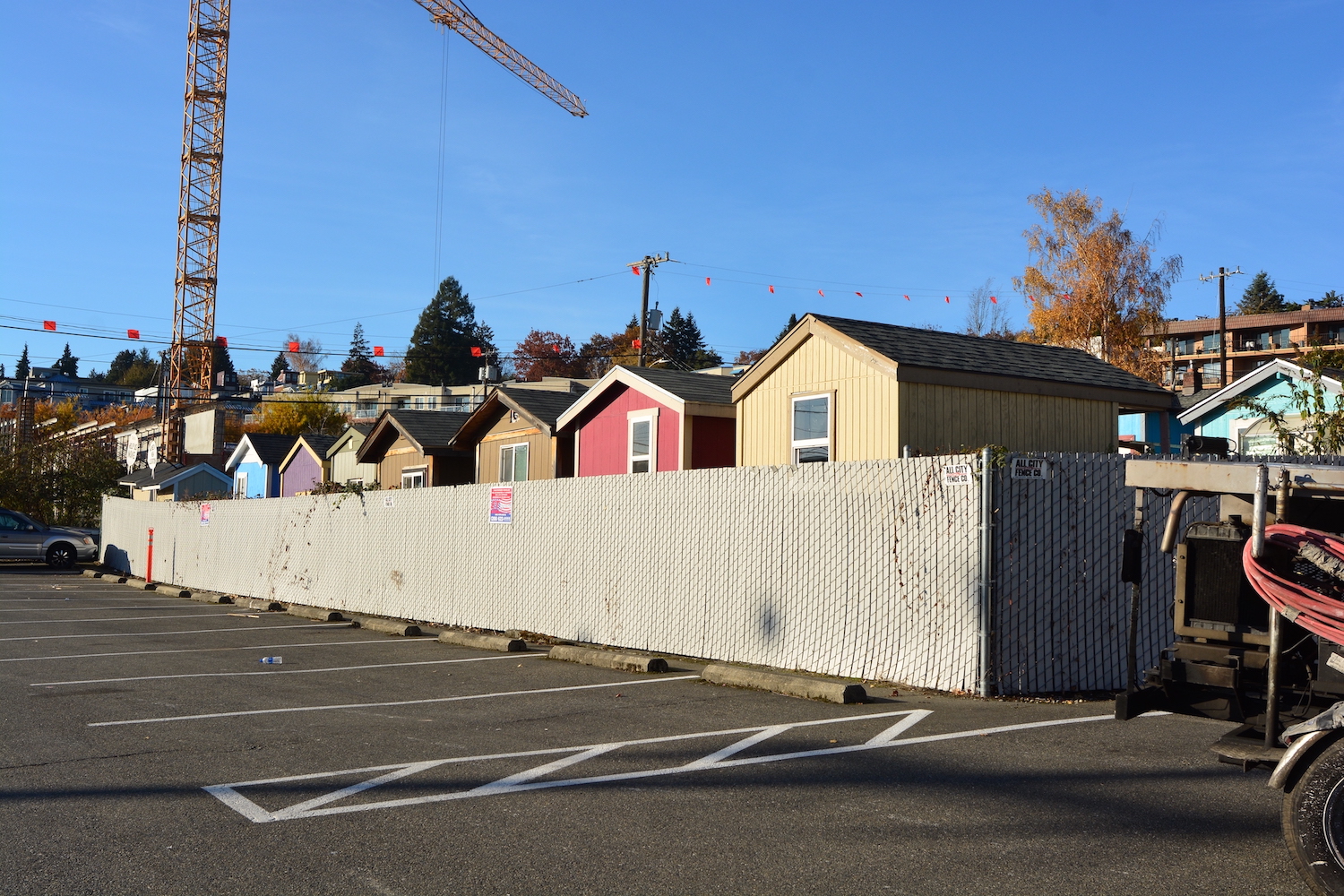
For Callins, the eviction marks the end of a distressing chapter.
He is now focused on further securing his property and sharing his story to help others avoid similar experiences.
A Call for Change
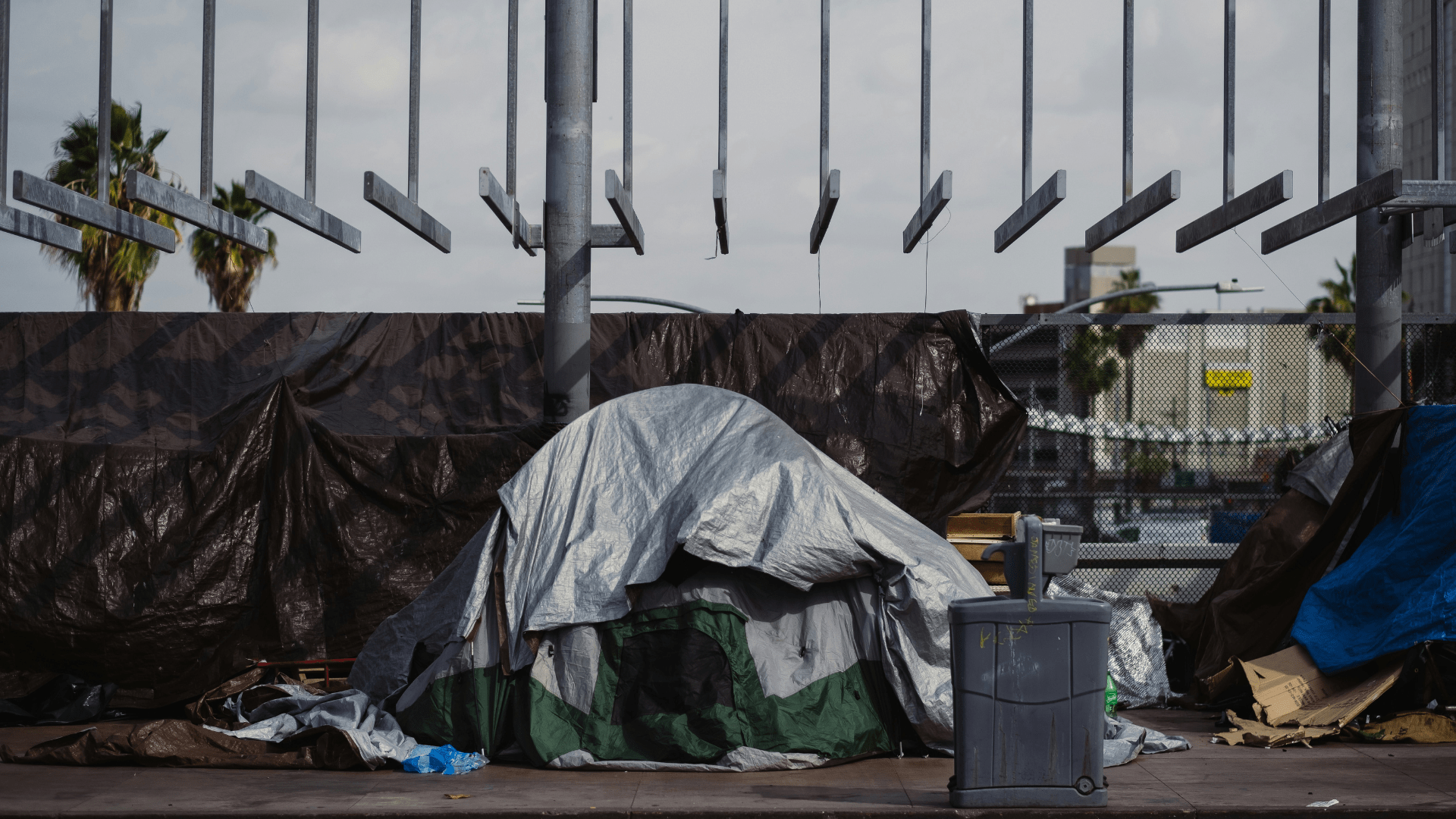
Paul Callins’ story is a rallying cry for change, highlighting the urgency for legal reforms to protect homeowners and ensure that property rights are respected.
As Georgia lawmakers consider the Georgia Squatter Reform Act, there is hope that future homeowners will be shielded from the turmoil that Callins and his family endured.
